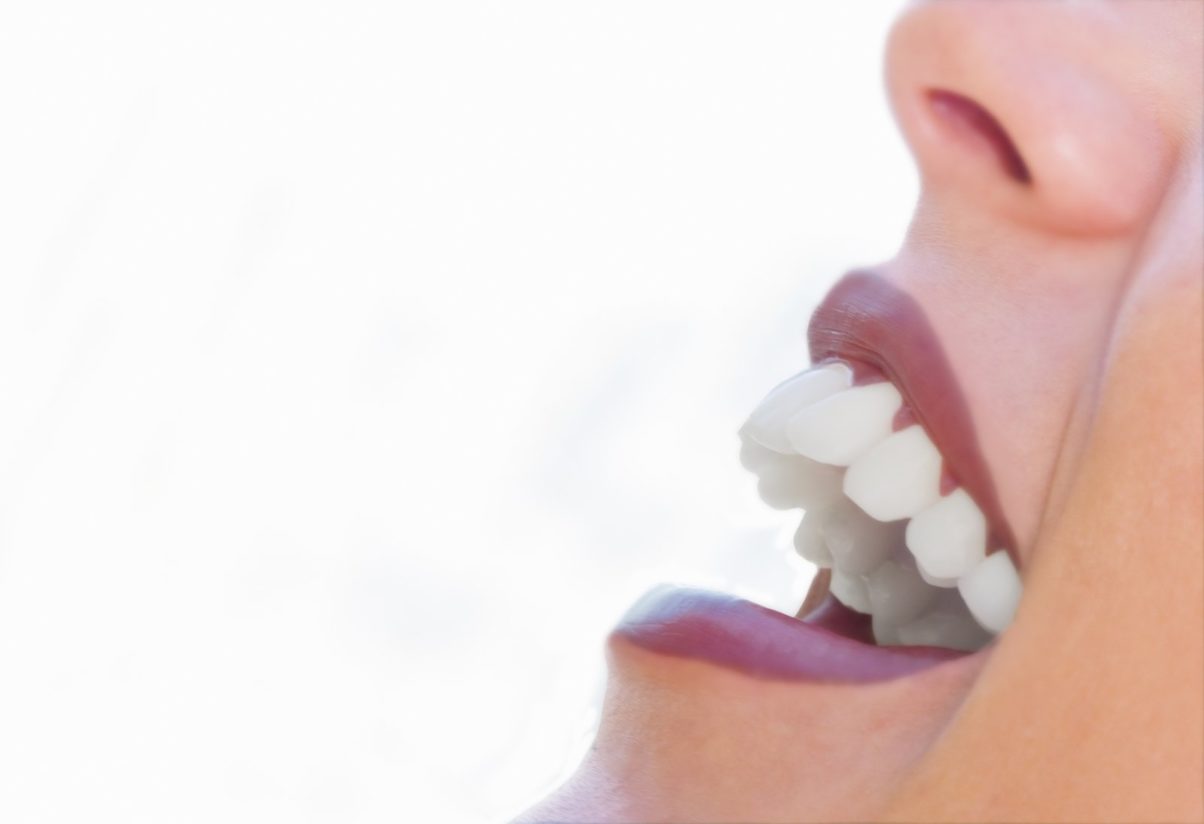Often viewed as a negative trait in social situations, mouth breathing can actually lead to some surprisingly troublesome health problems. If you or a family member breathes through the mouth, here’s what you should know.
What Causes Mouth Breathing?
Breathing provides our bodies with vital oxygen, while releasing carbon dioxide and certain types of waste. While healthy people use their noses to breathe; it sometimes becomes necessary to breathe through the mouth when we have allergies or congestion due to a cold. Mouth breathing can also be helpful when we are exercising strenuously and need to get oxygen to the muscles faster. Unfortunately, some people develop a habit of breathing through the mouth all the time. When this occurs, they may experience a range of problematic dental and health issues that can impact the quality of life both in the present and in the years to come. So, why do some people breathe through their mouths? Most often it is because of one or more of the following factors:
- A blocked sinus
- A high palate
- A tongue-tie
- A narrow mouth
- Swollen tonsils and adenoids
- A gummy smile
- Crooked teeth
In many instances, people will breathe normally during the day and mouth breathe at night. Signs of nocturnal mouth breathing include:
- Snoring
- Sleeping with an open mouth
- A long narrow face
- Dry mouth in the morning
The Effects of Mouth Breathing
Our nasal passages are designed to prepare air before it enters our lungs. In addition to acting as humidifiers which warm and moisten air, our sinuses remove debris and help defend against unfriendly microbes. What’s more, our nasal passages infuse air with nitric oxide, which our bodies need for every type or smooth muscle, including the heart and blood vessels. Nitric oxide also plays a critical role deep within the body’s cells, where it influences immunity, platelet function and the nervous system. It also plays a key role in homeostasis and the regulation of mitochondrial functions which power our cells.
Research suggests that mouth breathing could lead to serious long-term health problems by limiting the amount of nitric oxide in the blood. Experts say it can also influence the development of a child’s facial features, while promoting jaw alignment issues, as a person attempts to position his or her jaw in odd ways to get more oxygen. Mouth breathing can also promote bad breath and dental problems, because it promotes dry mouth, which provides an ideal breeding ground for bacteria.
How to Stop Mouth Breathing If mouth breathing is habitual, you may be able to alter the behavior by maintaining awareness while you breathe. If the mouth breathing is caused by nasal obstruction, sleep apnea, poor jaw alignment or orofacial imbalance, you may require treatment to alleviate the underlying cause. If you are concerned about your mouth breathing or that of a family member, visit your local dentist for an evaluation and recommendations on how you can correct the problem.



 Previous Article
Previous Article